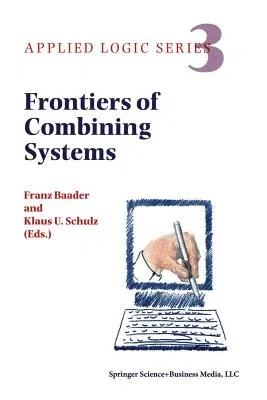- Donation refusal is high in all the regions of Argentina. - The
deficient operative structure is a negative reality that allows
inadequate donor maintenance and organ procurement. - In more developed
regions, there are a high number of organs which are not utilized. This
is true for heart, liver and lungs. Small waiting lists for these organs
probably reflect an inadequate economic coverage for these organ
transplant activities. - There is a long waiting list for cadaveric
kidney transplants, which reflect poor procurement and transplant
activity. - Lack of awareness by many physicians leads to the denouncing
of brain deaths. In spite of these factors, we can say that there has
been a significant growth in organ procuration and transplantation in
1993, after the regionalization of the INCUCAI. Conclusions Is there a
shortage of organs in Argentina? There may be. But the situation in
Argentina differs from that in Europe, as we have a pool of organs which
are not utilized (donation refusal, operational deficits, lack of
denouncing of brain deaths). Perhaps, in the future, when we are able to
make good use of all the organs submitted for transplantation, we will
be able to say objectively whether the number of organs is sufficient or
not. Acknowledgements I would like to thank the University of Lyon and
the Merieux Foundation, especially Professors Traeger, Touraine and Dr.
Dupuy for the honour of being invited to talk about the issue of organ
procurement.


